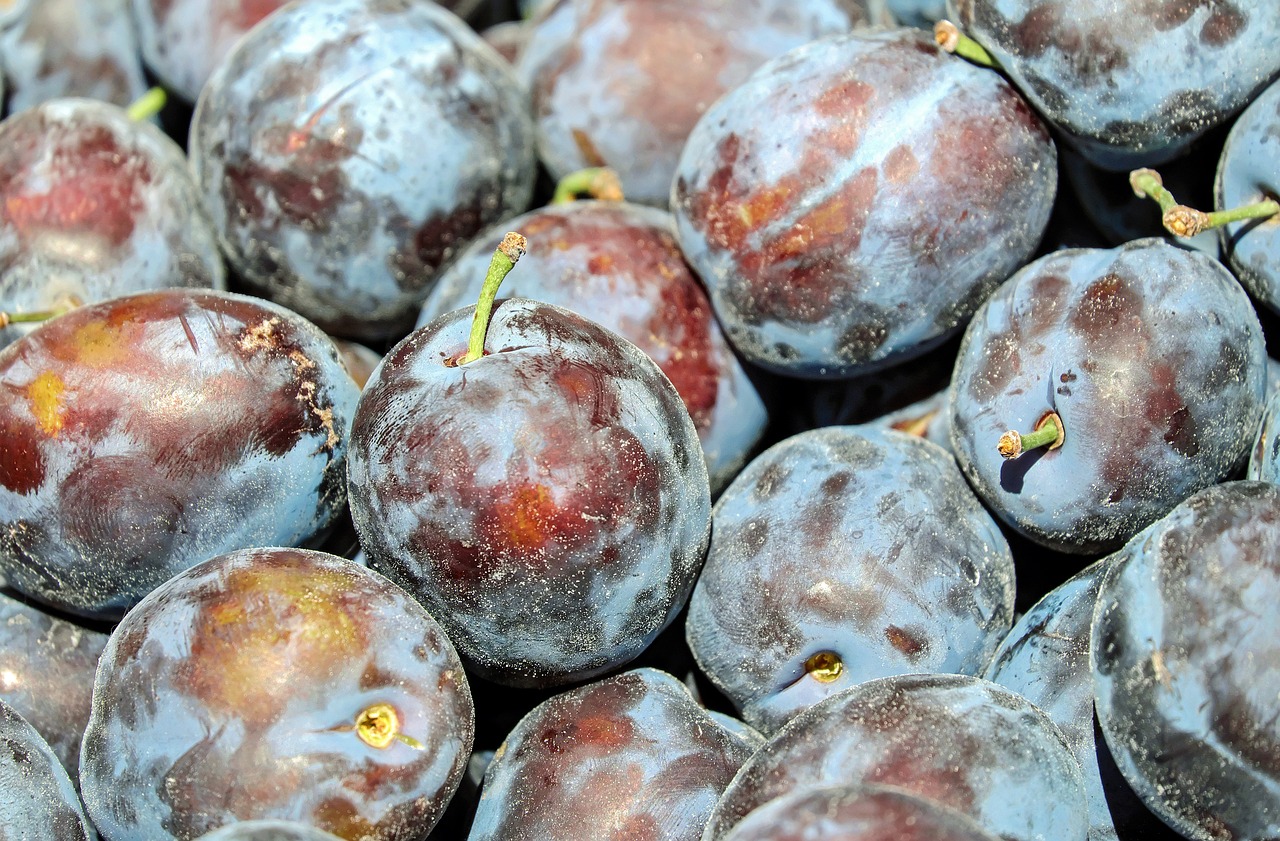Sustainable Coffee Production: Certification Programs and Environmental Initiatives
Certification programs for coffee production play a crucial role in ensuring that coffee is ethically and sustainably grown. These programs are designed to provide a set of standards and guidelines for farmers to follow, promoting environmentally friendly practices, fair labor conditions, and high-quality products. By adhering to certification requirements, coffee producers can demonstrate their commitment to social responsibility and environmental stewardship.
Some of the well-known certification programs in the coffee industry include Fair Trade, Rainforest Alliance, and UTZ Certified. These programs not only benefit the farmers by providing access to fair wages and better working conditions but also contribute to the conservation of natural resources and biodiversity. Consumers who purchase certified coffee can feel confident that they are supporting a more sustainable and responsible supply chain.
Types of Environmental Initiatives in Coffee Production
One common environmental initiative in coffee production is organic farming. This approach involves the use of natural fertilizers and pesticides instead of synthetic chemicals. Organic farming helps reduce the environmental impact of coffee production by promoting soil health and biodiversity. Additionally, it helps protect the health of farmers and consumers by minimizing exposure to harmful chemicals.
Another key environmental initiative in coffee production is agroforestry. This practice involves growing coffee plants under the shade of trees, which helps maintain a healthy ecosystem and protects biodiversity. Agroforestry also helps prevent soil erosion, conserves water, and provides habitat for wildlife. Overall, it promotes sustainable coffee production while contributing to the preservation of natural resources and ecosystems.
Organic farming:
– Use of natural fertilizers and pesticides
– Promotes soil health and biodiversity
– Reduces environmental impact
– Protects the health of farmers and consumers
Agroforestry:
– Growing coffee plants under shade of trees
– Maintains healthy ecosystem and protects biodiversity
– Prevents soil erosion, conserves water
– Provides habitat for wildlife
Benefits of Sustainable Coffee Production
There are numerous benefits associated with sustainable coffee production. One of the key advantages is the preservation of biodiversity in farming communities. By practicing sustainable methods, such as shade-grown cultivation, farmers can protect local ecosystems and ensure the longevity of diverse plant and animal species.
Moreover, sustainable coffee production can lead to improved soil health. By utilizing organic farming techniques and minimizing the use of harmful chemicals, farmers can enhance soil fertility and reduce the risk of erosion. This not only benefits the environment but also contributes to the long-term viability of coffee cultivation.
What are some common certification programs for sustainable coffee production?
Some common certification programs for sustainable coffee production include Fair Trade, Rainforest Alliance, and Organic.
How do environmental initiatives play a role in sustainable coffee production?
Environmental initiatives in coffee production, such as shade-grown practices and water conservation efforts, help protect ecosystems and reduce the impact of farming on the environment.
What are the benefits of sustainable coffee production for farmers?
Sustainable coffee production can lead to improved livelihoods for farmers, as well as increased resilience to climate change and market fluctuations.
How does sustainable coffee production benefit consumers?
Consumers can enjoy coffee that is produced in an environmentally and socially responsible manner, while also supporting the livelihoods of coffee farmers around the world.
Are there any financial incentives for coffee producers to adopt sustainable practices?
Yes, some certification programs offer price premiums for sustainably produced coffee, providing financial incentives for producers to adopt more environmentally friendly practices.







